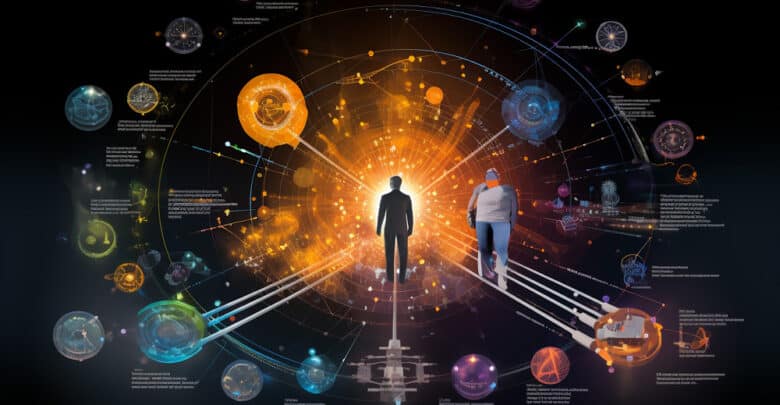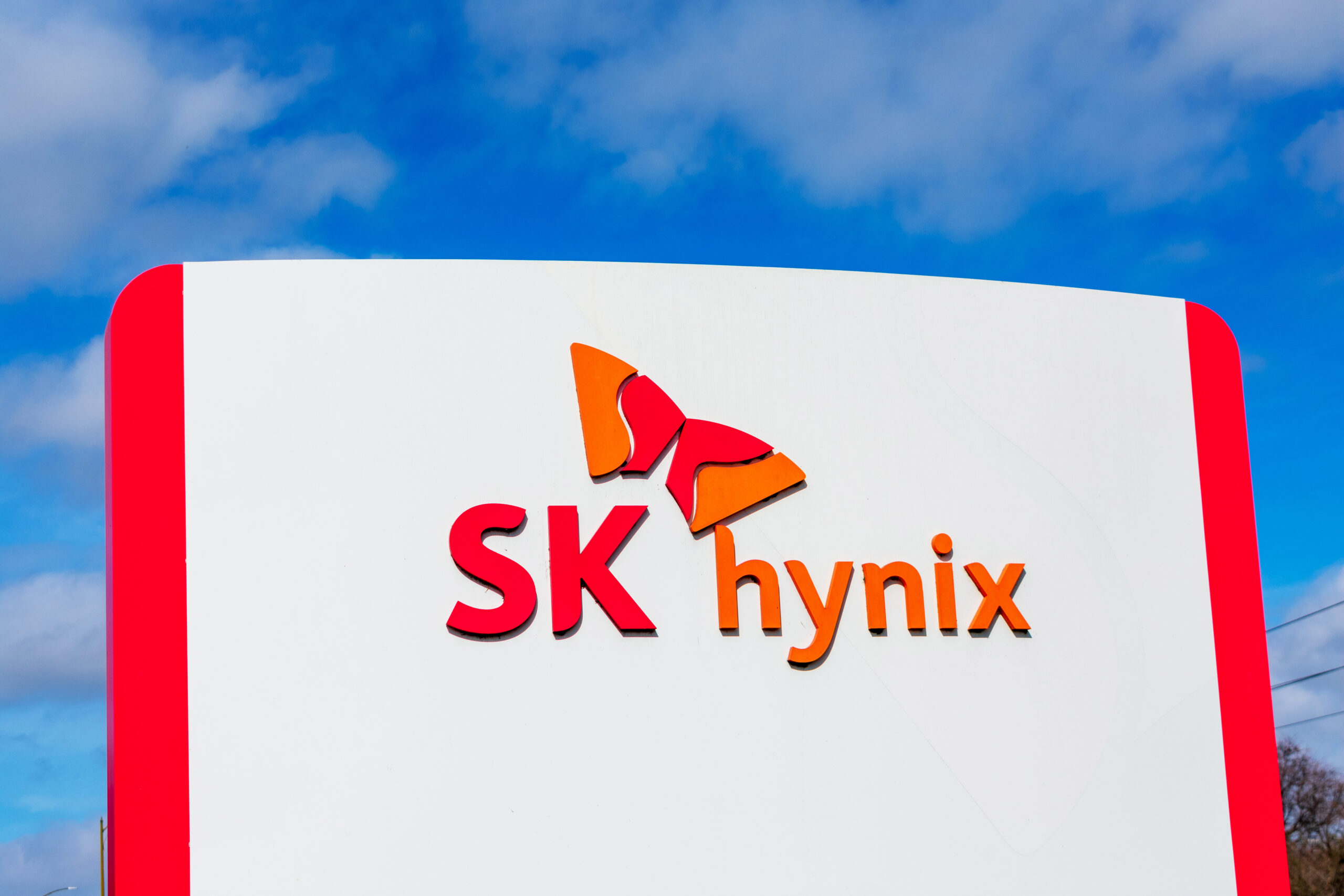OpenAI’s Altman Links AI’s Future To Fusion Energy: Here’s Why

The Interplay Between AI And Fusion Energy
While speaking at the World Economic Forum, OpenAI CEO Sam Altman highlighted the crucial connection between the future of artificial intelligence (AI) and advancements in fusion energy. Altman’s perspective follows his $375 million investment in a fusion energy startup, Helion, in 2021.
However, he focused on the indispensable role of substantial power in shaping the trajectory of AI development. Altman underlined the growing demand for massive power to propel future AI capabilities in his address.
His assertion stems from the current upgrades to OpenAI’s ChatGPT, the development of Anthropic’s Claude, and other large-language AI models (LLMs). These models depend on the collective computing capacity of tens of thousands of GPUs closely identical to those in high-performance gaming computers.
The energy needs for these training processes are notably high, placing significant strain on available resources.
Fusion Energy As A Game-Changer
Altman opined that achieving the next phase in AI development requires a breakthrough in energy solutions, and it is a motivating factor for OpenAI to invest more heavily in fusion energy. Fusion, a concept dating back to 1879 with the discovery of plasma by British chemist Sir William Crookes, involves fusing two lighter atoms to form a heavier atom, resulting in the release of energy.
One of the major challenges in the field of fusion energy is achieving reactors that produce more energy than they consume. Fusion promises to be a zero-carbon solution, making it an attractive avenue for upscaling power grids. However, there is no consensus on when practical fusion reactors will become a reality.
Altman’s $375M Helion Investment
Altman’s commitment to this vision is evident in his substantial investment in Helion, a fusion startup. The $375 million injection he made in 2021 represents a significant portion of Helion’s total fundraising amount of $500 million.
Helion’s original goal was to achieve a functional fusion reactor prototype generating net positive energy by 2024, but achieving this goal in 2024 based on the current progress level is uncertain. Experts believe there’s an intersection between AI development and energy innovation for the tech industry’s future.
As the world grapples with the challenges of sustainability and technological advancement, the pursuit of groundbreaking solutions in AI and energy promises to shape the landscape of innovation in the coming years.
OpenAI’s $1M Grant Program
Per a recent blog post, OpenAI has stated that its $1 million grant program is aimed at involving the public in shaping the behavior of AI models. The company expressed its commitment to aligning future AI models with human values, highlighting five key lessons it learned from the grant initiative.
The program, initiated in May 2023, sought to award $100,000 each to ten research groups dedicated to establishing a “proof-of-concept” process for defining adherence rules for AI systems. The post added that the 10 teams that received these grants focused on democratic technology and the implications for AI model behavior.
The Dynamic Nature Of Public Views
One significant finding was the dynamic nature of public views, prompting the need for processes that efficiently capture fundamental values and remain sensitive to meaningful changes over time. The teams utilized different approaches to collate participants’ perspectives but acknowledged the difficulty of balancing consensus.
Nonetheless, bridging the digital divide proved tricky for some teams, as platform limitations and issues related to language or context hindered participant recruitment. Concerns about the future of AI in governance were noted, particularly regarding transparency in policy writing.
Despite initial nervousness among participants, the teams observed a shift towards increased belief in the public’s ability to guide AI development through deliberative processes.
Implementation Plans
OpenAI plans to implement the suggestions made by the public. Hence, its first step is to form a new Collective Alignment team that will include researchers and engineers. Thus, it can incorporate this feedback on the behaviors of AI models into OpenAI products and services.
Furthermore, this team will focus on developing a mechanism to gather and encode the feedback. OpenAI’s grant program underscores the company’s dedication to inclusivity and transparency in AI development. It also emphasizes the importance of public input in shaping the behavior of future AI models.
Tokenhell produces content exposure for over 5,000 crypto companies and you can be one of them too! Contact at info@tokenhell.com if you have any questions. Cryptocurrencies are highly volatile, conduct your own research before making any investment decisions. Some of the posts on this website are guest posts or paid posts that are not written by Tokenhell authors (namely Crypto Cable , Sponsored Articles and Press Release content) and the views expressed in these types of posts do not reflect the views of this website. Tokenhell is not responsible for the content, accuracy, quality, advertising, products or any other content or banners (ad space) posted on the site. Read full terms and conditions / disclaimer.




